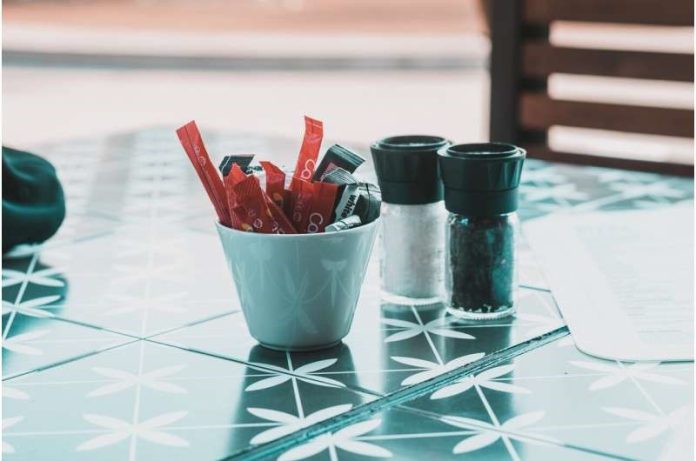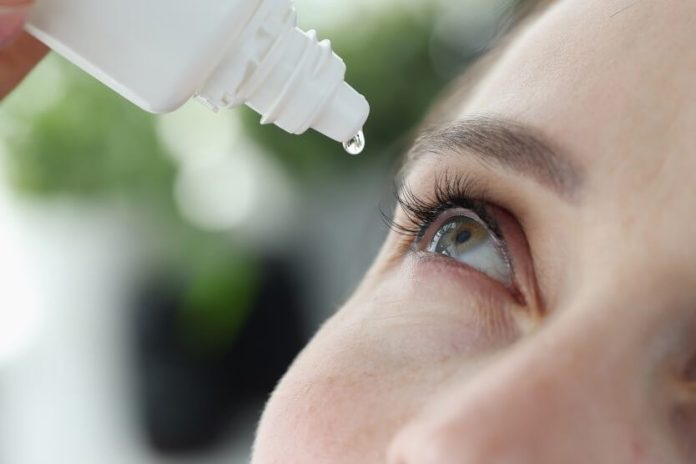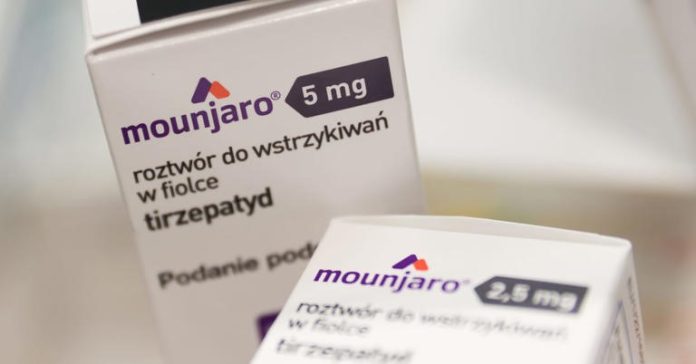Sucralose artificial sweetener could make cancer treatment less effective
Sucralose is a popular sugar substitute for people who are cutting calories or managing blood sugar levels, but new research by the University of Pittsburgh and UPMC Hillman Cancer Center suggests that the artificial sweetener may not be the best choice for patients undergoing cancer immunotherapy.
Published in the journal Cancer Discovery, the study found that patients with melanoma and non-small cell lung cancer who consumed high levels of sucralose had worse response to immunotherapy and poorer survival than those with diets low in the artificial sweetener.
Strikingly, supplements that boosted levels of the amino acid arginine mitigated the negative effects of sucralose on immunotherapy in mice, an approach that could now be tested in clinical trials.
“It’s easy to say, ‘Stop drinking diet soda,’ but when patients are being treated for cancer, they are already dealing with enough, so asking them to drastically alter their diet may not be realistic,” said lead author Abby Overacre, Ph.D., assistant professor in the Department of Immunology at Pitt and UPMC Hillman.
“We need to meet patients where they are. That’s why it’s so exciting that arginine supplementation could be a simple approach to counteract the negative effects of sucralose on immunotherapy.”
Senior author Diwakar Davar, M.D., associate professor of medicine at Pitt and a medical oncologist and hematologist at UPMC Hillman, collaborating with Overacre and their team, used mouse models to show that the negative impacts of sucralose are driven by disruption to gut bacteria.
Sucralose shifted the composition of the mouse gut microbiome, increasing bacterial species that degrade arginine, which reduced levels of this amino acid in the blood, tumor fluid and stool.
Immune checkpoint inhibitor immunotherapies such as anti-PD1 work by ramping up T cell activity so that they can more effectively kill cancer cells. Arginine is essential for T cell function, especially in cancer.
“When arginine levels were depleted due to sucralose-driven shifts in the microbiome, T cells couldn’t function properly,” said Overacre. “As a result, immunotherapy wasn’t as effective in mice that were fed sucralose.”
In mouse models of adenocarcinoma and melanoma, adding sucralose to the diet inhibited anti-PD1 therapy, leading to larger tumors and poorer survival. But when the researchers gave sucralose-fed mice arginine or citrulline, which is metabolized into arginine in the body, the effectiveness of immunotherapy was restored.
To assess the relevance of these findings for humans, the researchers looked at 132 patients with advanced melanoma or non-small cell lung cancer who received anti-PD1 therapy alone or in combination with chemotherapy. Patients filled out detailed diet history questionnaires that included questions about how often they consumed artificial sweeteners in coffee, tea and diet soda.
“We found that sucralose impeded the effectiveness of immunotherapies across a range of cancer types, stages and treatment modalities,” said Davar. “These observations raise the possibility of designing prebiotics, such as targeted nutrient supplementation for patients who consume high levels of sucralose.”
The researchers hope to launch a clinical trial investigating whether citrulline supplements—which boost arginine levels more than arginine itself—affect the gut microbiome and anti-tumor immune response in patients.
They are also interested in looking at how other sugar substitutes, such as aspartame, saccharin, xylitol and stevia, impact the immune system and response to immunotherapy.











